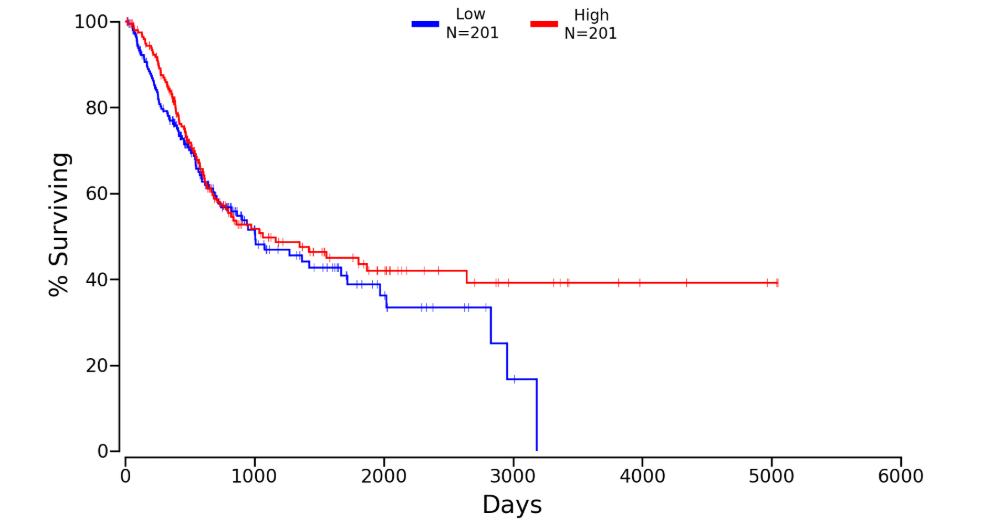CHEK1
Entrez ID: 1111
Full name: checkpoint kinase 1
External links: HGNC UniprotKB Ensembl RefSeq COSMIC
Family: CAMK: CAMKL: CHK1
Chromosomal location: 11q24.2
Substructure location: Gatekeeper: [N/A] A-loop: 147...172 G-loop: 15...21 αC-helix: 42...44
Please click HERE
for better display.
CHEK1
Serine/threonine-protein kinase which is required for checkpoint-mediated cell cycle arrest and activation of DNA repair in response to the presence of DNA damage or unreplicated DNA. May also negatively regulate cell cycle progression during unperturbed cell cycles. This regulation is achieved by a...
Serine/threonine-protein kinase which is required for checkpoint-mediated cell cycle arrest and activation of DNA repair in response to the presence of DNA damage or unreplicated DNA. May also negatively regulate cell cycle progression during unperturbed cell cycles. This regulation is achieved by a number of mechanisms that together help to preserve the integrity of the genome. Recognizes the substrate consensus sequence [R-X-X-S/T]. Binds to and phosphorylates CDC25A, CDC25B and CDC25C. Phosphorylation of CDC25A at 'Ser-178' and 'Thr-507' and phosphorylation of CDC25C at 'Ser-216' creates binding sites for 14-3-3 proteins which inhibit CDC25A and CDC25C. Phosphorylation of CDC25A at 'Ser-76', 'Ser-124', 'Ser-178', 'Ser-279' and 'Ser-293' promotes proteolysis of CDC25A. Phosphorylation of CDC25A at 'Ser-76' primes the protein for subsequent phosphorylation at 'Ser-79', 'Ser-82' and 'Ser-88' by NEK11, which is required for polyubiquitination and degradation of CDCD25A. Inhibition of CDC25 leads to increased inhibitory tyrosine phosphorylation of CDK-cyclin complexes and blocks cell cycle progression. Also phosphorylates NEK6. Binds to and phosphorylates RAD51 at 'Thr-309', which promotes the release of RAD51 from BRCA2 and enhances the association of RAD51 with chromatin, thereby promoting DNA repair by homologous recombination. Phosphorylates multiple sites within the C-terminus of TP53, which promotes activation of TP53 by acetylation and promotes cell cycle arrest and suppression of cellular proliferation. Also promotes repair of DNA cross-links through phosphorylation of FANCE. Binds to and phosphorylates TLK1 at 'Ser-743', which prevents the TLK1-dependent phosphorylation of the chromatin assembly factor ASF1A. This may enhance chromatin assembly both in the presence or absence of DNA damage. May also play a role in replication fork maintenance through regulation of PCNA. May regulate the transcription of genes that regulate cell-cycle progression through the phosphorylation of histones. Phosphorylates histone H3.1 (to form H3T11ph), which leads to epigenetic inhibition of a subset of genes. May also phosphorylate RB1 to promote its interaction with the E2F family of transcription factors and subsequent cell cycle arrest.
View more >>
GO - Biological processes (BP):
apoptotic process, cell cycle, cellular response to DNA damage stimulus, cellular response to mechanical stimulus, chromatin-mediated maintenance of transcription, DNA damage checkpoint, DNA damage induced protein phosphorylation, DNA repair, DNA replication, intracellular signal transduction, negat...
apoptotic process, cell cycle, cellular response to DNA damage stimulus, cellular response to mechanical stimulus, chromatin-mediated maintenance of transcription, DNA damage checkpoint, DNA damage induced protein phosphorylation, DNA repair, DNA replication, intracellular signal transduction, negative regulation of G0 to G1 transition, negative regulation of mitotic nuclear division, peptidyl-threonine phosphorylation, positive regulation of cell cycle, protein phosphorylation, regulation of double-strand break repair via homologous recombination, regulation of histone H3-K9 acetylation, regulation of mitotic centrosome separation, regulation of signal transduction by p53 class mediator, regulation of transcription from RNA polymerase II promoter in response to UV-induced DNA damage, replicative senescence, signal transduction involved in G2 DNA damage checkpoint
View more >>
GO - Molecular function (MF):
ATP binding, histone kinase activity (H3-T11 specific), kinase activity, protein domain specific binding, protein kinase activity, protein serine/threonine kinase activity...
ATP binding, histone kinase activity (H3-T11 specific), kinase activity, protein domain specific binding, protein kinase activity, protein serine/threonine kinase activity
View more >>
GO - Cellular component (CC):
centrosome, cytosol, extracellular space, condensed nuclear chromosome, nucleoplasm, nucleus, chromatin, cytoplasm, intracellular membrane-bounded organelle, protein-containing complex...
centrosome, cytosol, extracellular space, condensed nuclear chromosome, nucleoplasm, nucleus, chromatin, cytoplasm, intracellular membrane-bounded organelle, protein-containing complex
View more >>
checkpoint kinase 1
Control panel
Show dataset:
Show substructure:
All sites
Gatekeeper
A-loop
G-loop
αC-helix
Gatekeeper
A-loop
G-loop
αC-helix
Filter mutation sites
All sites
Minimum 5 samples
Minimum 10 samples
Minimum 5 samples
Minimum 10 samples
Data table is loading....
Kaplan plot for CHEK1 in

Download patient group data (Lower:Upper = 50%:50%)
*NOTE: the Kaplan plots were collected from OncoLnc